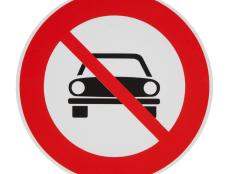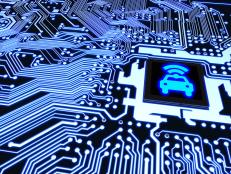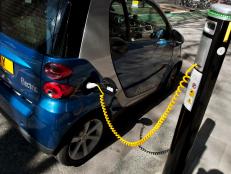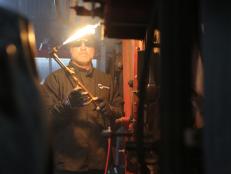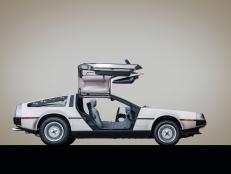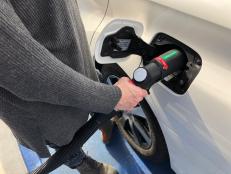All Motor Articles
Showing 1 - 15 of 31 results
California Proposes Ban on New Gas-Fueled Cars by 2035
If enacted, California’s mandate would be the first to prohibit new gasoline or diesel cars in the next decade.
How Lithium Batteries Will Improve EV Range and Rapid Charging
Electric vehicles (EVs) are due for huge upgrades in driving range and charging times as new battery technologies are introduced.
Air Taxis Bring Electric Flight Hype to Life in Busy Cities
City skies could be buzzing with flying taxi services by 2025 following huge investment in short-haul flight technology. Aviation startups have received billions to get electric aircraft operating above urban centers. Investors are banking on quick, sustainable short hops to fuel a flight path revolution.
Recycled Lithium-Ion Batteries are Outlasting Brand New Ones
Car batteries made with recycled materials are outlasting their un-recycled counterparts– boosting auto manufacturers’ confidence in reusable parts.
Retrofitting Older Cars with Electric Motors Could Transform Transport
Low emission battery-powered electric cars are still a tiny fraction of all cars sold despite offering cheaper running costs and eco-friendly credentials. The higher purchase price is one reason, but retrofitting older cars and trucks with electric motors could be the fix needed to turbocharge electric vehicle uptake.
Hydrogen Ready to Ignite as Transport Network and Technology Takes Off
Transport is undergoing a massive transformation so it can meet society’s demands for a low-carbon economy. Introducing electric vehicles (EVs) and declining gasoline and diesel use are helping, but zero-carbon hydrogen can speed up both the transition and long-term decarbonization of transport.
Catch-22: How the Clean Energy Industry is Perpetuating Deep-Sea Mining
Stuck in a gridlock, critics of deep-sea mining fear for its negative impact on the environment, yet one of the largest customers of deep-sea minerals is the clean-energy industry.
Are Electric Highways the Way of the Future?
There’s a longstanding debate on how to reduce emissions in the trucking industry. Germany is testing out a new system — eHighways, which feed electricity to trucks while they drive.
Solid State Batteries Promise Long Life and Rapid Refuel Electric Vehicles
Car companies are investing heavily in electric vehicles (EVs) to reduce global greenhouse gas emissions from transport. But ramping up electric car manufacture means finding a solution to the problem of lithium battery life and slow charging times. Big firms are now pumping money into longer-lasting and safer solid-state batteries.
Electric vs. Hydrogen: The Pros and Cons of Greener Transportation
Transport is one industry that needs to rapidly cut carbon dioxide (CO2) emissions to tackle climate change.
Car Industry Takes a Hit Due to Chip Shortage
Car manufacturers are facing an unpredictable future as a global shortage of computer chips, semiconductors, and rare earth metals affects traditional and electric vehicles. Large automotive factories have been forced to cut production at a time when a transition to electric models is expected to help fight climate change.
Flame Out: UK Brings Forward Combustion Engine Car Ban to 2030
Plans to tackle transport greenhouse gas emissions need ambitious targets to impact Earth’s rising levels of atmospheric carbon dioxide (CO2).
Jesse James is Back with a New Monster Garage on discovery+
Jesse James pushes custom builds to the limit in MONSTER GARAGE, premiering January 4 on discovery+.
The DMC DeLorean: The Car Behind The Madness
Here's everything you need to know about the DeLorean. From fun facts and buying tips to recent auctions and tons of info about the famous Hollywood icon.
Hydrogen Power: Moving the World into Clean Energy
Hydrogen gas is the most abundant element in the universe. It is an odorless, non-toxic, non-corrosive gas that burns easily in air to produce a large amount of heat, zero greenhouse gases, and water pure enough to drink as a by-product.









